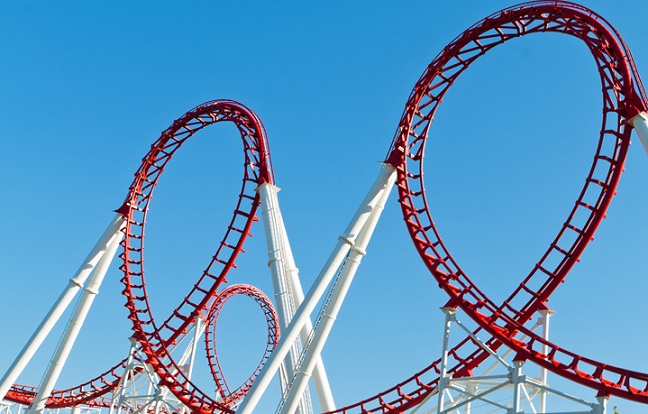Wall Street VIX Index falls to lowest since 1993

The most widely monitored ‘fear gauge’ on Wall Street has fallen to its lowest level since 1993, helped by one of the strongest corporate earnings seasons in years, geopolitical risks around North Korea cooling off, and Emmanuel Macron’s French presidential victory removing a possible source of upset across Europe.
The CBOE Volatility Index, better known as the VIX and the most widely followed barometer of expected near-term stock market volatility, closed at 9.77, its lowest close since December 1993, according to Bloomberg data.
The index is the most widely followed barometer of expected near-term stock market volatility and tends to spike when there are potential sources of shock on the horizon. But analysts said this week that there are no obvious risky events immediately in the pipeline and macro-economic data has been relatively robust too.
In recent trade, mounting anxieties centered on geopolitical risks had been at the heart of the VIX’s ticking higher. But one of the biggest risks, the French election, which was won by centrist candidate Emmanuel Macron over rival Marine Le Pen, eased some of investors’ worries. Le Pen had pledged to drag France out of the European Union—a potential blow to the European trade bloc, after U.K. citizens last June voted to abandon the union.
Market experts peg the relative tranquility in stock market gyrations to a mix of factors including an upbeat macro-economic backdrop and the lack of any big risky events that could potentially rock the volatility boat.
"Overall the economy is still growing, unemployment is still extremely low, inflation is very much in check and the US Federal Reserve is raising rates but at a very low pace," Mandy Xu, derivatives strategist at Credit Suisse told Reuters.
"I think all that is positive for risky assets."
The US central bank raised its overnight interest rate by a quarter of a percentage point in March and has forecast two more increases this year.

